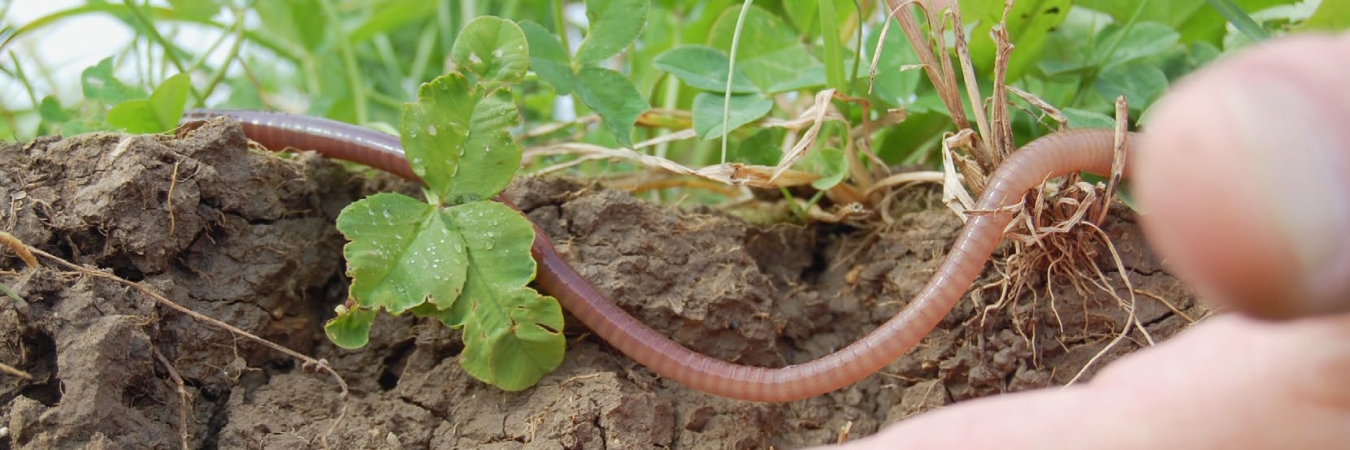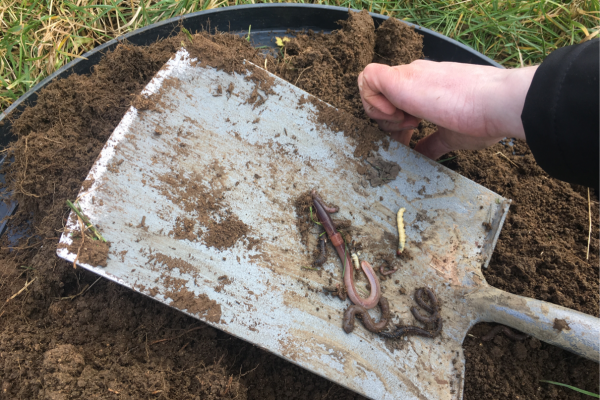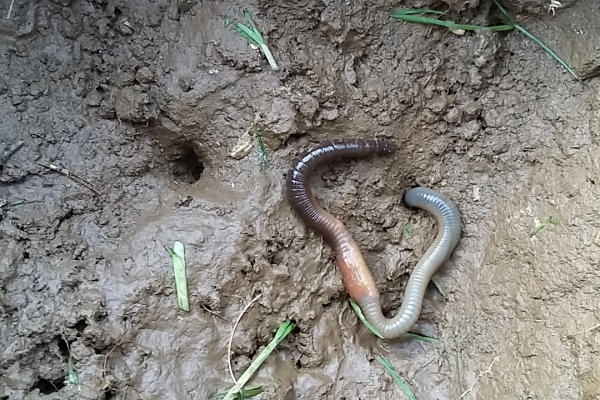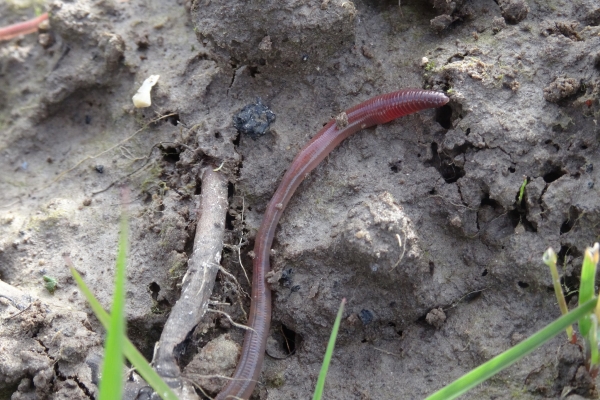Earthworms – Architects of fertile soils
Their significance and recommendations for their promotion in agriculture
Resource explained
Earthworms contribute to the health and biological activity of soils; their number and diversity is an important indication of soil fertility.
This updated second edition of this technical guide (originally produced as a TILMAN-ORG project output), gives an overview of the biology, ecology and multiple services earthworms provide, along with recommendations of how earthworms can be encouraged in agricultural soils.
There are sections on:
- Earthworm distribution and biology.
- Ecosystem services provided by earthworms – the many ways in which earthworms benefit soil fertility. The functions and habitats of different earthworms within the soil
- Guidance on estimating earthworm numbers in soil.
- Agricultural practices that can enhance earthworms; including reduced tillage, diversifying crop rotation, and minimising soil compaction.
- The impacts of pesticides and fertilisers on earthworm populations.
Findings & recommendations
- A rich earthworm fauna is key to maintaining and safeguarding soil health and to fostering many essential ecosystem functions of soils.
- Earthworms have a beneficial effect on soil fertility through aerating the soil, improving water infiltration and reducing surface run-off, decomposing dead plant matter, enhancing plant nutrients and the vitality of the soil, promoting colonisation and propagation of beneficial soil bacteria and fungi, promoting root growth and the formation of soil structure and stability, and contributing to carbon sequestration.
- Heavy machinery, intensive tillage and use of pesticides can eliminate earthworms in fields.
- Pesticides can have many detrimental effects on earthworms, with some species being more susceptible than others.
- Herbicides have low toxicity for earthworms but can cause reduced populations indirectly through reduced organic matter.
- Synthetic fertilisers may not harm earthworms directly, but organic fertilisers and green manures/cover crops have more positive impacts on earthworms than mineral fertilisers.
- For earthworms to flourish in agricultural soils, we need to:
- Provide sufficient food (plant material)
- Abstain from using harmful pesticides
- Practice soil-conservation methods i.e. reduced tillage and no-till
- Avoid compaction and promote well-structured and aerated soils using adapted machinery
- Practice appropriate site and crop fertilisation, balancing humus management within the crop rotation.
Summary provided by:
Janie CaldbeckEdited by:
Phil SumptionRelated articles
Eliza Jenkins and Abby Rose summarise their 4 favourite papers from the archive of research on the science behind on-farm earthworms from the European Journal...
Miranda Prendergast-Miller discusses the benefits of earthworms and how her study with the Universities of York, Leeds and Sheffield indicates recovery of their numbers can...
Learn how to identify different types of earthworms and therefore how you may be able to improve your soil management in this quiz brought to...




